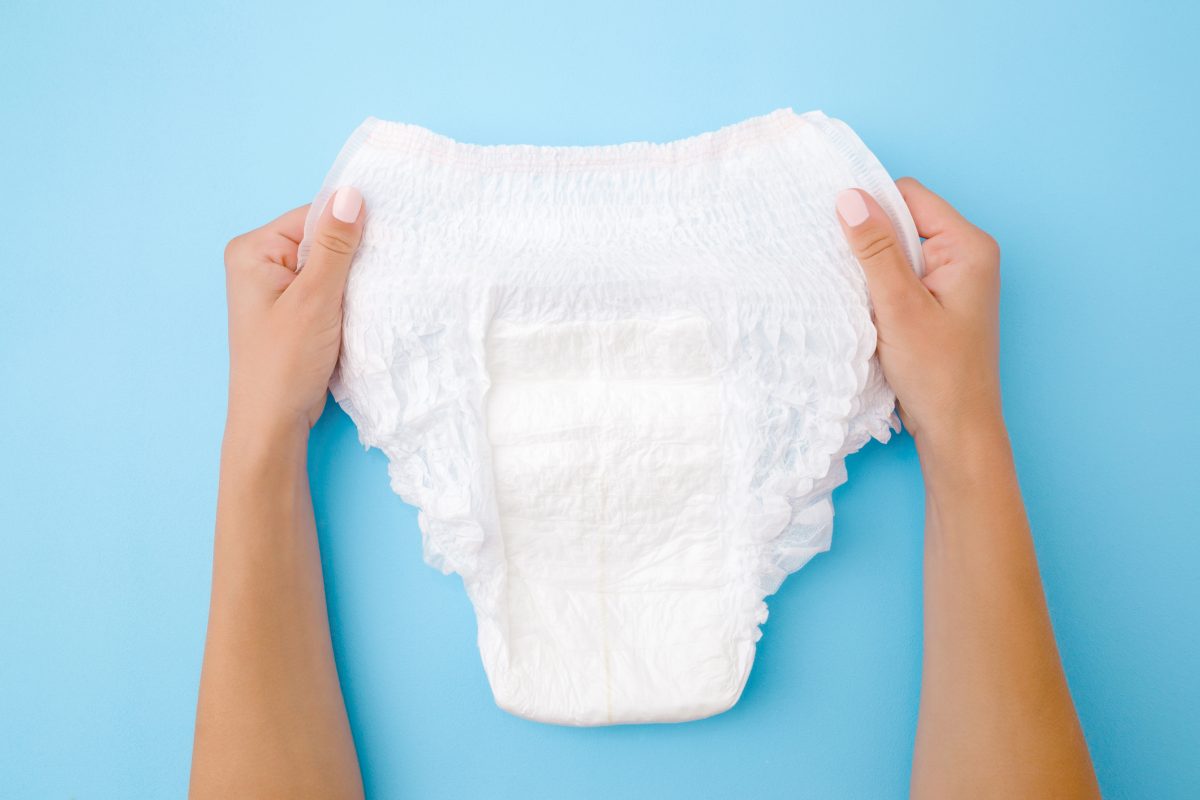If you’re living with a leaky bladder, you’re not alone.
Urinary incontinence affects more than half of middle-aged women and up to 80 percent of women by the time they reach their senior years.
Not only is it an embarrassing and socially isolating condition, but it can present unexpected dangers…
An overactive bladder is among the biggest risk factors for falls and fractures among senior women. A broken hip is the last thing anyone needs.
Of course, doctors can dole out anticholinergic drugs for bladder control. But unless you’re an avid reader of medical journals like me, you may be unaware that these drugs are associated with a high risk of cognitive decline.
Anticholinergics trick nerve impulses that signal muscles involved in actions like urination, coughing and sneezing by blocking the neurotransmitter acetylcholine. But acetylcholine is also critical for memory function — and there’s scientific speculation that tricking it has devastating effects on the brain and could lead to cognitive decline.
The good news is that prescription drugs aren’t the only way to regain control of your bladder.
You could do it just by picking up a healthy habit at home — and don’t worry, I’m not suggesting those confounding Kegel exercises that are so difficult to master…
An easier way to master your bladder
A Stanford study published in the Annals of Internal Medicine included women ages 45 to 90 who suffered from urinary incontinence issues an average of 3.4 times a day.
All the participants tried either a hatha yoga program, intended to strengthen the pelvic floor or a low-impact activity that included stretching and strengthening exercises that did not intentionally engage the pelvic floor.
All women exercised for 90 minutes, two times a week, along with an additional shorter, one-hour session. And the results were phenomenal…
Both groups — whether doing yoga for pelvic floor strengthening or simple low-impact exercises — experienced about 65 percent fewer incontinence episodes in just 12 weeks!
According to the researchers, these benefits are on par with the effects of those medications used to address incontinence — but with only good side effects, like stronger muscles and a healthier body.
Safe support for a stronger bladder
Not only is low-impact yoga or exercise good for a stronger bladder, but numerous studies have shown a connection to a stronger, plump brain that scores better on cognitive tests. In my book, that makes it a better choice than questionable drugs.
Even better, you don’t have to be a yoga master to master your bladder…
Certain nutrients available in common foods can target your weak detrusor muscle — a collection of smooth muscle fibers in the walls of your bladder — and strengthen your ability to control urine elimination. They’ve been shown to work for both men and women!
I’m talking about pumpkin seed extract and soy germ isoflavones…
- Native Americans used pumpkin seeds as an age-old remedy for bladder, kidney and digestive problems. In fact, pumpkin seeds and their oil have been used in traditional medicine for centuries. They contain potassium, magnesium and zinc which help calm and relax bladder muscles, reducing that desperate urgency to urinate.
- Soy isoflavones are natural plant estrogens called phytoestrogens. They naturally support balanced hormones — an important key to healthy bladder function. Balanced testosterone and estrogen help sustain the strength of the bladder muscles and pelvic floor.
Avoid the adult diaper aisle at the drugstore. Just add a little exercise to your day and some delicious pumpkin seeds and other phytoestrogen-rich foods including berries, grapes, almonds, tofu, miso soup or broccoli.
You can also seek out a bladder formula that might fit the bill and help you cut that invisible leash that keeps you from getting too far from the nearest restroom.
Sources:
Anticholinergic drugs and incident dementia, mild cognitive impairment and cognitive decline: a meta-analysis – NIH
Low-impact yoga and exercise found to help older women manage urinary incontinence – Science Daily
Pumpkin Seed Oil Extracted From Cucurbita maxima Improves Urinary Disorder in Human Overactive Bladder — Journal of Traditional and Complimentary Medicine
Dietary soy isoflavone replacement improves detrusor overactivity of ovariectomized rats with altered connexin-43 expression in the urinary bladder — BJU International
Read full article here




